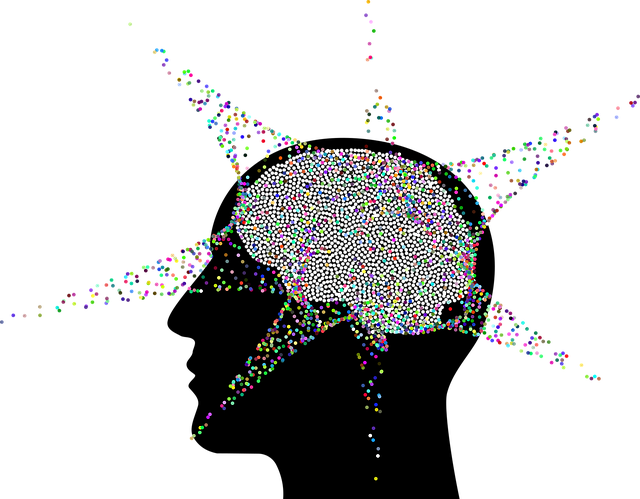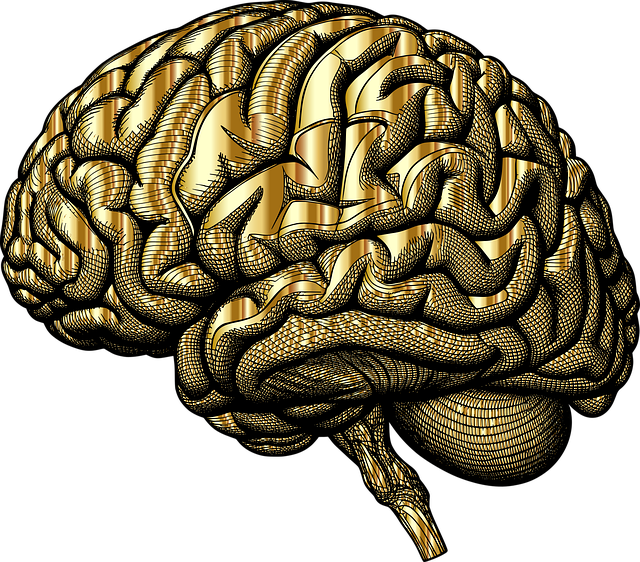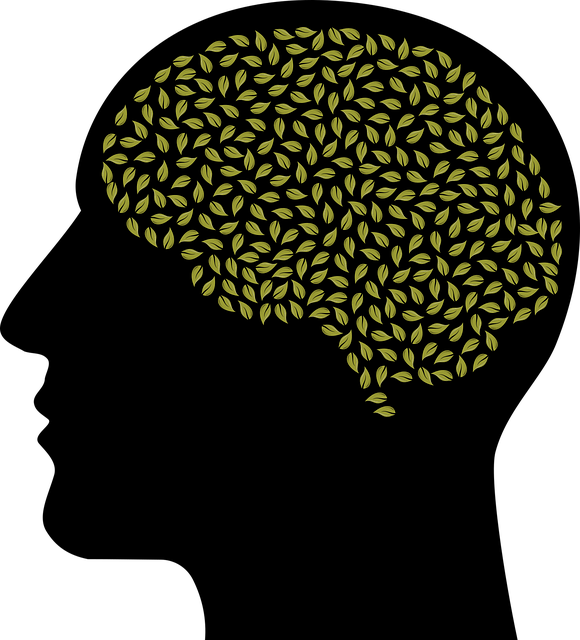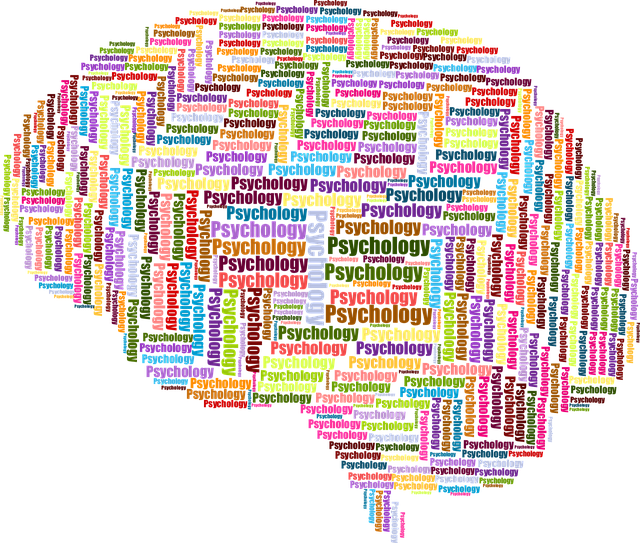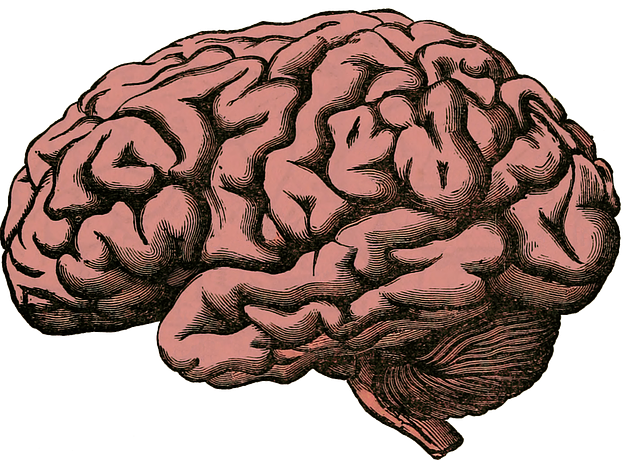Resilience is vital for mental well-being, as evidenced by the Resourceful Functioning Model (RFM), and Centennial ADD-ADHD Evaluations & Therapy leverages this concept to transform lives. Through personalized self-care, stress management, crisis intervention, and social skills training, individuals gain tools to overcome challenges, manage symptoms, and improve focus. Tailored therapy sessions empower them to build long-term resilience, navigate life's uncertainties, and enhance overall well-being.
“Unleash your inner resilience with an exploration of RFM (Resilience, Flexibility, and Mastery) and its profound impact on mental well-being. This article guides you through a journey of understanding how RFM is instrumental in navigating challenges, especially during pivotal evaluations like Centennial ADD-ADHD assessments. We delve into targeted exercises designed to bolster resilience, and examine the transformative role of therapy in fostering long-term adaptability. Discover practical strategies to embrace adversity and thrive.”
- Understanding RFM and Its Role in Resilience Building
- Exercises to Enhance Resilience for Centennial ADD-ADHD Evaluations
- The Impact of Therapy on Fostering Long-Term Resilience
Understanding RFM and Its Role in Resilience Building

Resilience is a vital component of mental well-being, enabling individuals to navigate life’s challenges and setbacks with adaptability and bounce back strength. Among various strategies for building resilience, RFM (Resourceful Functioning Model) stands out as a powerful framework. This model emphasizes cultivating positive coping mechanisms, strengths, and skills to enhance an individual’s ability to cope effectively with adversity.
Incorporating RFM into therapeutic practices, such as those offered through Centennial ADD-ADHD Evaluations & Therapy, can be transformative. By focusing on self-care practices tailored to individual needs, individuals learn to manage stress and anxiety relief, thereby fostering a sense of control and empowerment. Moreover, risk assessment for mental health professionals plays a crucial role in tailoring interventions within the RFM framework, ensuring personalized support that addresses specific vulnerabilities and builds upon strengths.
Exercises to Enhance Resilience for Centennial ADD-ADHD Evaluations

Building resilience is an invaluable skill, especially for individuals navigating the challenges of Centennial ADD-ADHD evaluations. Therapy plays a pivotal role in this process, offering tailored strategies to enhance coping mechanisms and promote well-being. One effective approach involves incorporating targeted exercises designed to strengthen mental fortitude. These practices aim to equip individuals with the tools necessary to manage symptoms effectively, improve focus, and increase overall resilience.
Through structured activities focused on stress management and depression prevention, individuals can learn to regulate their emotions, improve attention span, and develop healthier habits. Mental health education programs design exercises that foster self-awareness, encourage positive thinking, and promote effective time management—all crucial aspects in managing ADD-ADHD symptoms. By embracing these practices, individuals can better prepare for evaluations, ensuring they demonstrate their true potential and achieve favorable outcomes.
The Impact of Therapy on Fostering Long-Term Resilience

Resilience is a skill that can be cultivated and strengthened, especially through therapy. When individuals with Centennial ADD-ADHD receive specialized evaluations and tailored therapy, they gain valuable tools to navigate life’s challenges. Therapy sessions, particularly those focusing on crisis intervention guidance, offer safe spaces to process emotions and develop coping strategies. This supportive environment encourages clients to explore their thoughts and behaviors, fostering self-awareness and emotional regulation.
Over time, therapy can enhance social skills training by teaching individuals effective communication and relationship-building techniques. Additionally, mental health professionals play a crucial role in conducting risk assessments, identifying potential hazards, and providing proactive solutions. By integrating these approaches, individuals with ADD-ADHD can build long-term resilience, enabling them to better manage stress, adapt to changes, and thrive despite life’s uncertainties.
Resilience is a key component in navigating life’s challenges, especially for individuals with conditions like Centennial ADD-ADHD. By understanding RFM and incorporating targeted exercises, one can significantly enhance their resilience. Additionally, therapy plays a pivotal role in fostering long-term mental fortitude. Integrating these strategies empowers individuals to manage stress, improve focus, and achieve better outcomes during evaluations like the Centennial ADD-ADHD assessments. This holistic approach ensures that individuals are equipped to face future challenges head-on.
